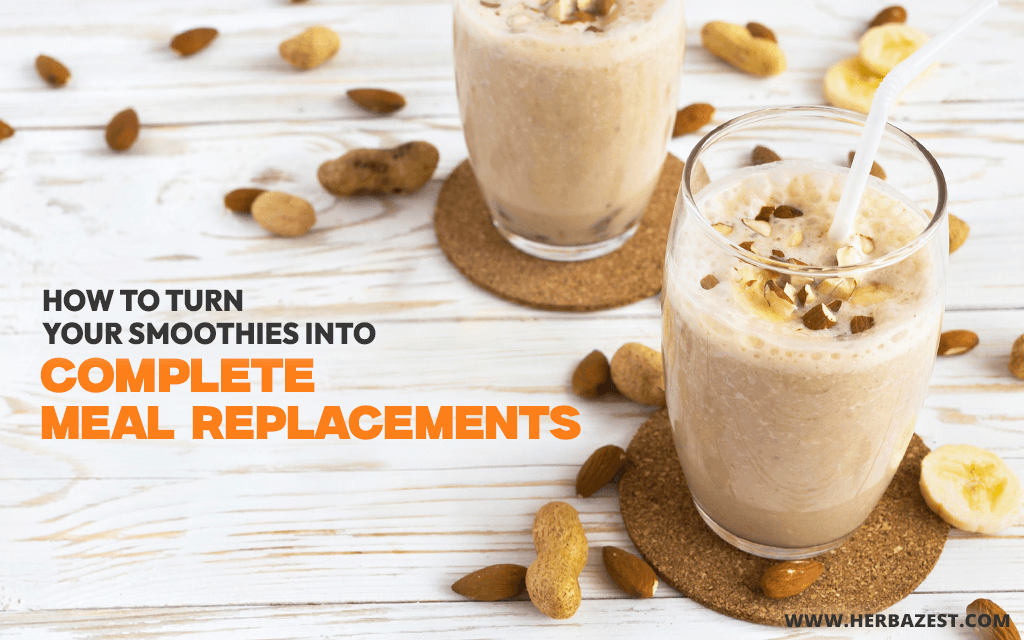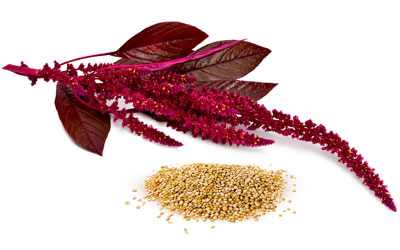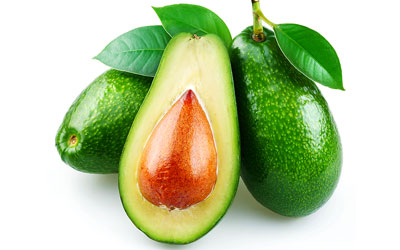From busy mothers and students on tight deadlines to working professionals and athletes, sometimes there is just no time to cook. This is where smoothies come in handy. While they're quick, yummy, and affordable, not all smoothies are created equal, leading many to wonder “can smoothies replace meals?”
For a smoothie to be a worthy meal replacement, it has to be nutritionally balanced. Luckily, it is easier than you think. Read on to find out how to turn your smoothies into complete meal replacements!
Nutrition Basics
Let's start with a brief overview of what nutrients you should include in your smoothie (and any other meal, for that matter) to keep it nutritionally balanced.
To grow and stay healthy, our bodies need five nutrients, which are categorized according to their size:
- Big nutrients, called macronutrients, include carbs, protein, and fats.
- Small nutrients, called micronutrients, consist of vitamins and minerals.
On top of that, we also need dietary fiber (which is technically a complex carb, but is generally not considered a nutrient since it is not absorbed by the body) and water.
How to Build a Nutritionally Balanced Smoothie
Keep in mind that certain foods can be a source of protein, carbs, and fats at the same time. Chia and flax seeds are great examples!
Having the aforementioned basics in mind, making a nutritionally balanced smoothie should be a piece of cake. The trick is to select micronutrient-rich sources of the three macronutrients:
1. Carbohydrates
When choosing carbs for your smoothie, go for complex carbs. They are absorbed into the blood stream at a slower rate, preventing blood sugar spikes, keeping you full for longer, and helping regulate weight.
Fruits and vegetables are some of the best sources of complex carbs that are also packed with vitamins, nutrients, and fiber. They will form the bulk of your smoothie, about 3/4 of all the ingredients you'll add.
2. Protein
If you're physically active on a regular basis, your protein needs might be higher.
Once you're done with your carb sources, it's time to add some lean protein. It could be dairy or plant-based protein, depending on your dietary preferences. Either way, it'll help build muscle strength and aid in body repair.
The Recommended Dietary Allowance (RDA) for protein is 0.8 grams per kilogram daily.1 This translates to about 55 grams per day for a 150-lb (68 k) person. As such, going for about 20 grams of protein per meal is a safe move.
- Oats (1/4 cup = 4.5 grams of protein)
- Sacha inchi (2 tbs of sacha inchi powder = 9 g)
- Cashews (2 tbs = 4 g)
- Peanuts (1 tbs butter = 4 g)
- Walnuts (2 tbs = 4 g)
- Quinoa (1/4 cup cooked = 2 g)
- Amaranth (1/3 cup of amaranth flakes = 5 g)
- Almonds (1 tbs butter = 3.5 g)
- Hemp (1 tbs seeds = 4 g)
- Tofu (1/4 cup = 5 g)
- Greek yogurt (1/4 cup = 6 g)
- Kefir (1.4 cup = 3 g)
3. Fats
What is left on your path to a perfectly balanced smoothie are fats. While they do have a bad reputation, healthy fats - think, omega-3 fatty acids - are actually crucial for the heart, healthy cholesterol levels, and much more.
You'll see that some of the protein sources from above also contain healthy fats. This invites you to be even more playful with your pairings. Throw in two to three tablespoons of nuts or seeds or half of an avocado, and you're good to go.
Now all you need to turn your smoothie into a drinkable meal replacement is the liquid. The sky is the limit here: go for water, almond milk, fresh orange juice, coconut water, green tea, or whatever else strikes your fancy. You can also enhance your smoothies with add-ons, such as cacao nibs, cinnamon, vanilla, natural sweeteners (like stevia), and others.
So, can smoothies replace meals? YES. Keeping them nutritionally balanced is all about remembering the basics and adding a pinch of fun to it. With such an incredible variety of wholesome ingredients, you can have a nutritious and filling meal replacement in a matter of minutes and never get bored of your smoothies again.
Sources
- Academy of Nutrition and Dietetics, Choose Healthy Fats, 2019
- American Hearth Association, Nutrition Basics, 2018
- Medlineplus, Complex carbohydrates, 2020
Footnotes:
- Harvard Health Publishing. (2015). How much protein do you need every day? Retrieved March 19, 2021 from https://www.health.harvard.edu/blog/how-much-protein-do-you-need-every-day-201506188096














